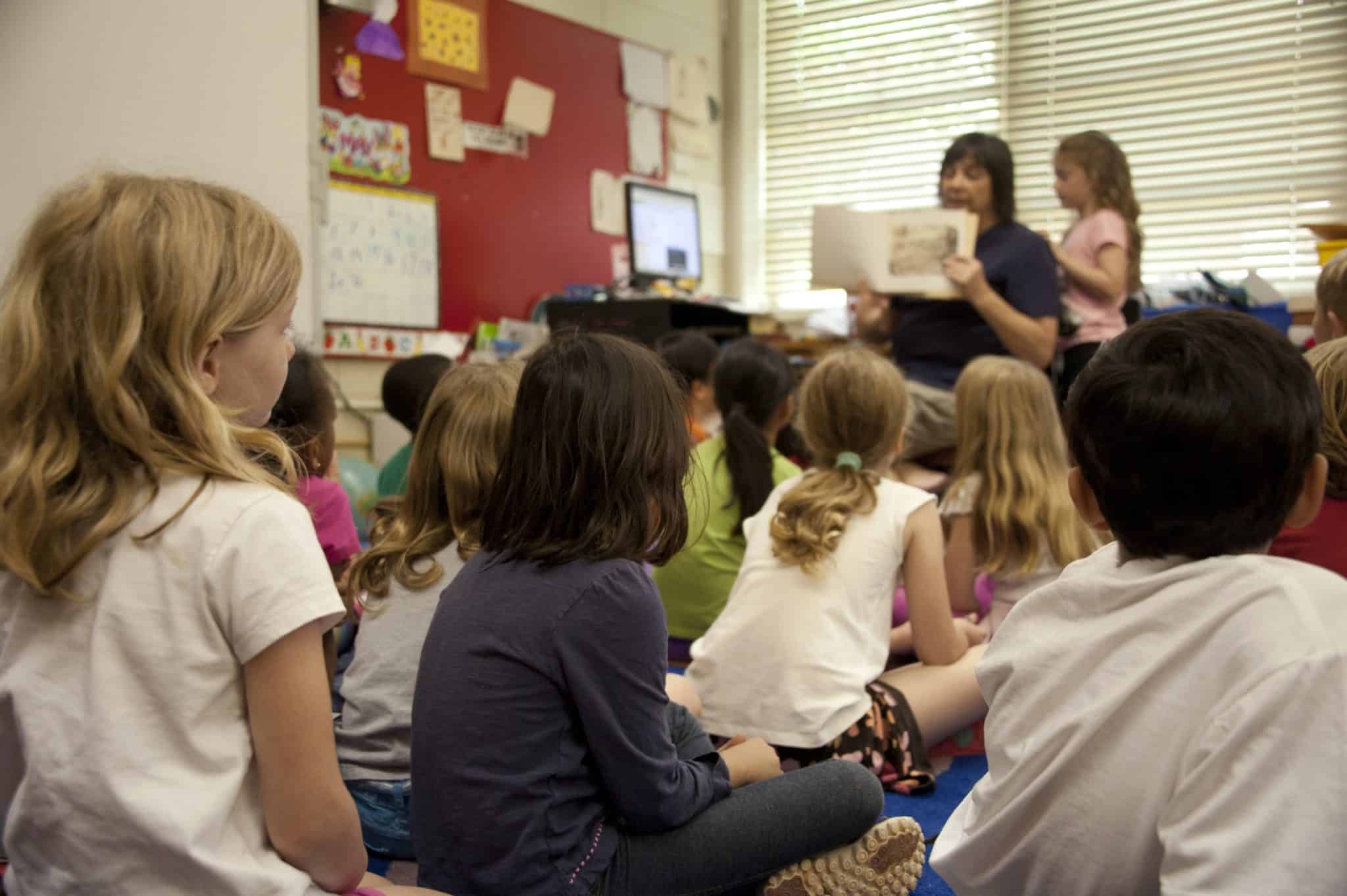Fran Swanson is a student at Harvard Law School.
Amid a nationwide surge in COVID-19 cases, the Chicago Teachers Union is gauging support for “a district-wide remote learning action,” the Chicago Sun-Times reports. On Tuesday, CTU’s House of Delegates will meet to discuss the issue and CTU members will vote on whether to work remotely without the school district’s permission. If both the House of Delegates and membership are supportive, the remote learning action would begin on Wednesday to demand increased testing, better masks, and other COVID safety protocols. WBEZ reports that 80% of the 8,000 members who called into a weekend town hall were supportive. CTU had proposed that the school district require a negative test from all students and staff before in-person classes began today and, absent that, proposed that the district switch to remote learning for two weeks. The school district maintains that “there are no plans to transition the entire district to remote learning.”
The CDC’s new COVID isolation guidance leaves workers vulnerable, Steven Greenhouse writes for NBC. The new guidelines shortened the isolation period for people with COVID from ten to five days if people are asymptomatic on the five-day mark, despite the fact that some of those individuals remain infectious. The new guidelines do not require a negative test result, though a testing component is now under consideration, the Washington Post reports. The CDC previously reduced the isolation for health care workers from ten to seven days, prompting criticisms that this would put staff and patients at further risk. This latest change comes after pressure from businesses facing staffing shortages because of the COVID surge, including an open letter from Delta’s CEO. Experts noted that, even if the science behind the new guidelines is sound, employers are likely to force staff to come in regardless of whether they are symptomatic. For the many workers who lack access to paid sick days— including over half of those in retail, grocery, and food-service—reducing the isolation period does mean that they will lose less pay if they are required to isolate. However, it continues the pattern of telling workers that they are essential while treating them as disposable.
Finally, new measures in Chicago and New York state will expand legal protections for domestic workers. In Chicago, domestic workers—including home health aides, nannies, and cleaners—must be provided with a written contract in the language of their choosing, CBS Chicago reports. That contract must include the agreed upon wage and work schedule, according to a city press release. The requirement, which went into effect on January 1st, will impact over 56,000 workers in the Chicago area, who are largely women of color and immigrants. Beatriz Tlalolini, a nanny and member of the advocacy organization Arise Chicago, explained that “[c]ontracts are an important step contributing to changes and improvements for domestic workers and raising awareness of employers.” In New York, Governor Hochul signed into law new protections for the state’s 300,000 domestic workers, Spectrum News 1 reports. They will take effect in 2023. Paid family leave will be available for domestic workers working 20 hours/week, rather than the 40 hours currently required. And, domestic workers will be covered under the state’s human rights law, which contains a variety of anti-discrimination provisions.






Daily News & Commentary
Start your day with our roundup of the latest labor developments. See all
July 9
In Today’s News and Commentary, the Supreme Court green-lights mass firings of federal workers, the Agricultural Secretary suggests Medicaid recipients can replace deported farm workers, and DHS ends Temporary Protected Status for Hondurans and Nicaraguans. In an 8-1 emergency docket decision released yesterday afternoon, the Supreme Court lifted an injunction by U.S. District Judge Susan […]
July 8
In today’s news and commentary, Apple wins at the Fifth Circuit against the NLRB, Florida enacts a noncompete-friendly law, and complications with the No Tax on Tips in the Big Beautiful Bill. Apple won an appeal overturning a National Labor Relations Board (NLRB) decision that the company violated labor law by coercively questioning an employee […]
July 7
LA economy deals with fallout from ICE raids; a new appeal challenges the NCAA antitrust settlement; and the EPA places dissenting employees on leave.
July 6
Municipal workers in Philadelphia continue to strike; Zohran Mamdani collects union endorsements; UFCW grocery workers in California and Colorado reach tentative agreements.
July 4
The DOL scraps a Biden-era proposed rule to end subminimum wages for disabled workers; millions will lose access to Medicaid and SNAP due to new proof of work requirements; and states step up in the noncompete policy space.
July 3
California compromises with unions on housing; 11th Circuit rules against transgender teacher; Harvard removes hundreds from grad student union.